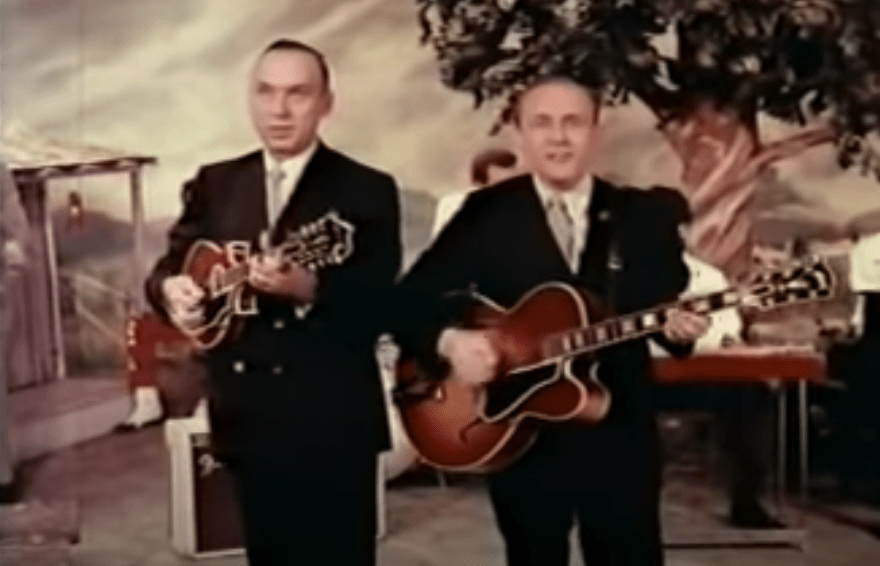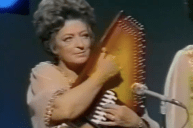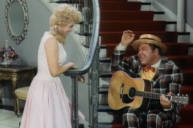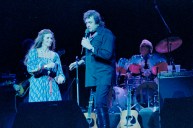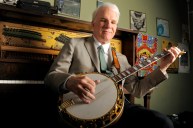Before Cledus T. Judd or even "Weird Al" Yankovic, Homer and Jethro poked fun at popular songs throughout a 35-year run as a duo which culminated in a spot in the Country Music Hall of Fame.
Videos by Wide Open Country
The late Homer Haynes (1920-1971) and Jethro Burns (1920-1989) first joined forces when both were 16 years old. The Tennessee-born talents quickly became radio stars, beginning with a stint on Knoxville radio station WNOX. From there, they performed on Cincinnati's Midwestern Hayride, Renfro, Ky.'s Renfro Valley Barn Dance, Chicago's National Barn Dance and on a star-studded program on Springfield, Mo.'s KWTO featuring Chet Atkins and the Carter Family.
As a recording act, Homer and Jethro went from a backing band for acts on King Records to stars in their own right for RCA Victor. Famous recordings that poked fun at the duo's "Thinking Man's Hillbillies" personas included "(How Much Is) That Hound Dog in the Window," "Hernando's Hideaway" and "Don't Let the Stars Get in Your Eyeballs." Other favorites include "The Battle of New Orleans" parody "The Battle of Kookamonga" and a send-up of "Baby, It's Cold Outside" featuring guest vocalist June Carter.
Despite taking part in a comedy music tour with Spike Jones and coming up with such album titles as Barefoot Ballads and Songs My Mother Never Sang, Homer and Jethro were seriously great musicians. Both came from a jazz background, with Burns in particular setting the bar high for every mandolinist to follow. For a taste of their more serious material, seek out instrumental albums Playing It Straight and It Ain't Necessarily Square.
At their peak popularity, Homer and Jethro won a Grammy award (Best Comedy Performance - Musical in 1959 for the Johnny Horton-inspired "The Battle of Kookamonga") and landed an endorsement deal with Kellogg's Corn Flakes, which introduced television viewers to the catchphrase "Ooh, that's corny!"
Haynes, owner of the Fender Stratocaster with serial number 0001, died on August 7, 1971 of a heart attack in Hammond, Ind. A private person despite his over-the-top stage persona, many of Henry D. Haynes' neighbors in a Chicago suburb had no idea that he was an accomplished recording artist.
Read More: John Ford, Legendary Western Movie Director, Led a Film Crew During World War II
After a short-lived attempt to replace Haynes with Ken Eidson, Burns became a mandolin ambassador while collaborating with Steve Goodman and other sharp-witted folk and old-time musicians.
Beyond setting the standard for poking fun at Nashville hits and country music stereotypes, Homer and Jethro kept the jovial days of live radio performances alive and well on such hallowed stages as The Johnny Cash Show until Haynes' untimely passing.
Now Watch: Highlights from Joe Diffie's Impressive Discography
?
https://rumble.com/embed/u7gve.v3xjxn/
